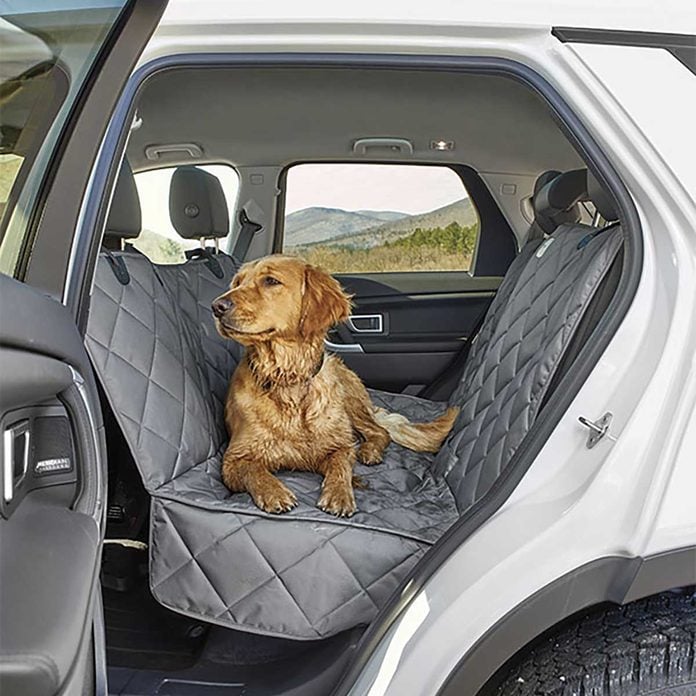
Pets
You know you shouldn’t leave your pets in the car in the summer, but the same is true during the winter months. The interior temperature of your vehicle can cool to the outside temperature quickly, leaving pets at risk.
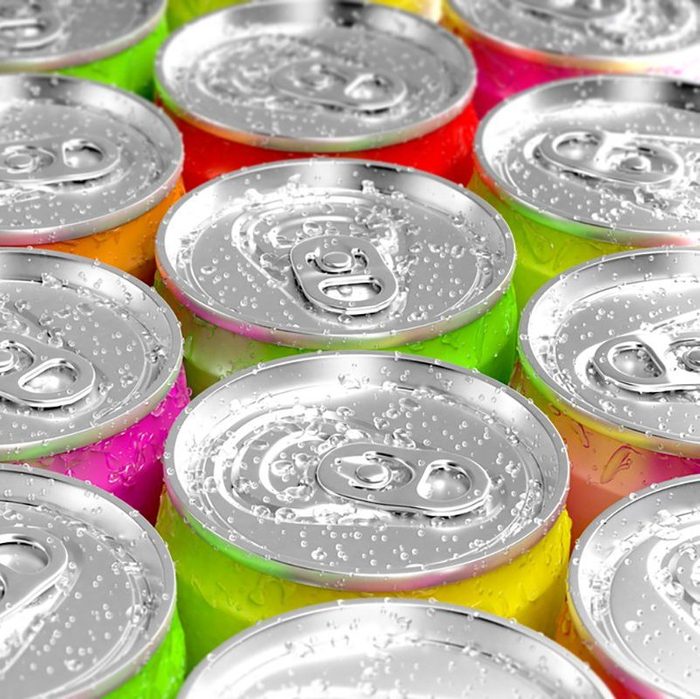
Beverages
Leaving beverages in your vehicle for extended periods of time when the temperature dips below freezing often results in a mess. Don’t forget to take bottled water, juice, soda and beer inside after your trip to the grocery store.

Aerosol Cans
Aerosol cans, such as those that contain hairspray or spray paint, shouldn’t be kept in extremely cold conditions. Exposure to either heat or cold temperatures can destabilize the pressurized cans. Cold can make the cans crack or even explode.
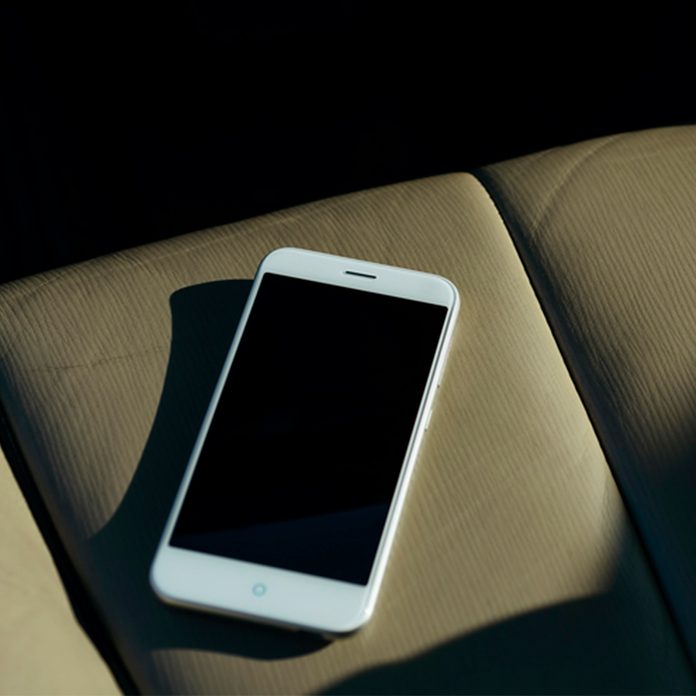
Cell Phones
Many cell phone manufacturers advise against storing their products at temperatures below zero degrees F. Performance of the lithium-ion batteries that power many cell phones withers in extreme cold.

Important Documents
If you have important documents, such as tax forms, bank statements or mail you need to shred, make it a priority and don’t leave them in your car. The potential exposure of your important personal information makes you vulnerable to identity theft.

Eggs
Don’t expose eggs to extreme cold as they can freeze in their shells and then crack. If this happens, toss them. You’re likely storing these ten foods all wrong.

Cash
It should be obvious, but never leave cash in your vehicle. Leaving cold, hard cash within view is an invitation to would-be thieves.
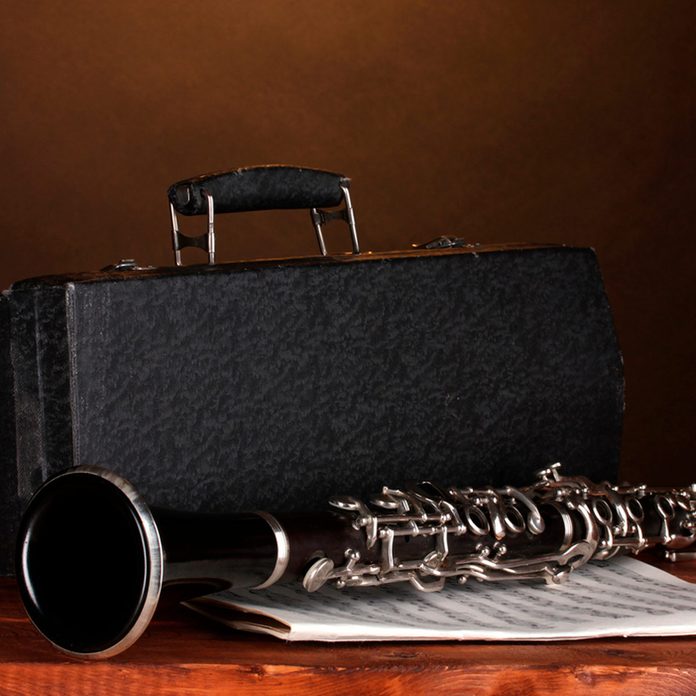
Musical Instruments
Extreme cold can adversely affect musical instruments. At best, the cold air will cause them to go out of tune. At worst, it can cause some instruments, particularly those made of wood, to shrink and even crack, according to The Real School of Music.
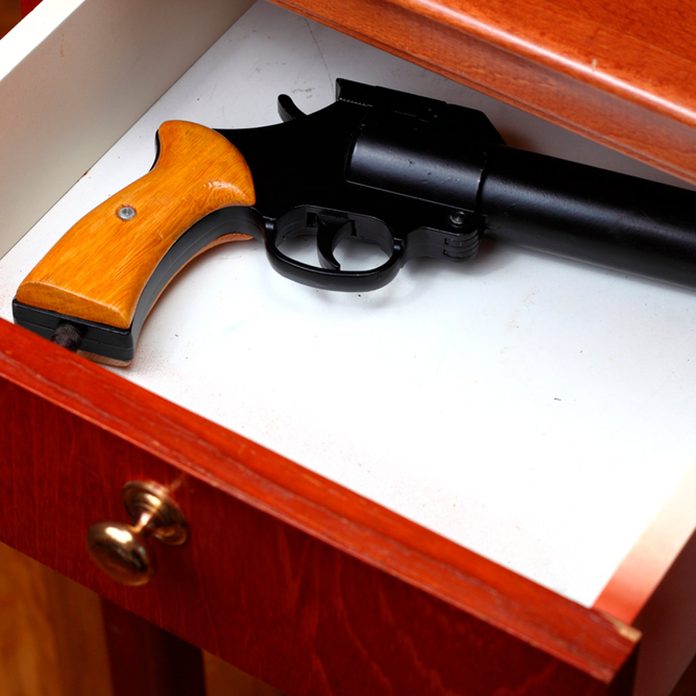
Firearms
Researchers at Harvard University and Northeastern University found that thieves steal between 300,000 and 600,000 firearms in the U.S. each year. Cars provide a bright example of where to avoid keeping valuables. Thieves can easily jimmy doors open and break windows. Whenever possible, keep guns locked up some place other than your vehicle.
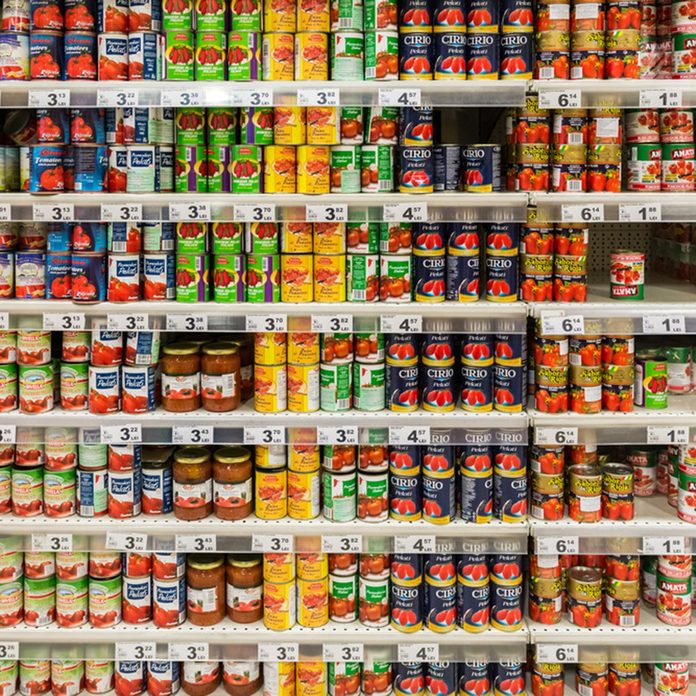
Canned Goods
The USDA notes canned goods can freeze and expand just like soda and beer. This expansion can break the seal and cause the food to spoil. According to the USDA, “A frozen can that has not thawed can be safely defrosted in the refrigerator and used. If the canned food is still frozen, let the intact can thaw in the refrigerator before opening. If the product doesn’t look and/or smell normal, throw it out. Do not taste it!”

Medication
Medications can keep you healthy, but only when stored properly. Low temperatures can affect some drugs. If you visit a pharmacy in the winter months, don’t leave your medications in the car. If you’re not going right home, carry them in a purse, backpack or pocket.

Wallet or Purse
Your car becomes a target for theft when you leave your wallet or purse in plain sight. Even in the winter, thieves work quickly, so that car alarm won’t always act as a deterrent.
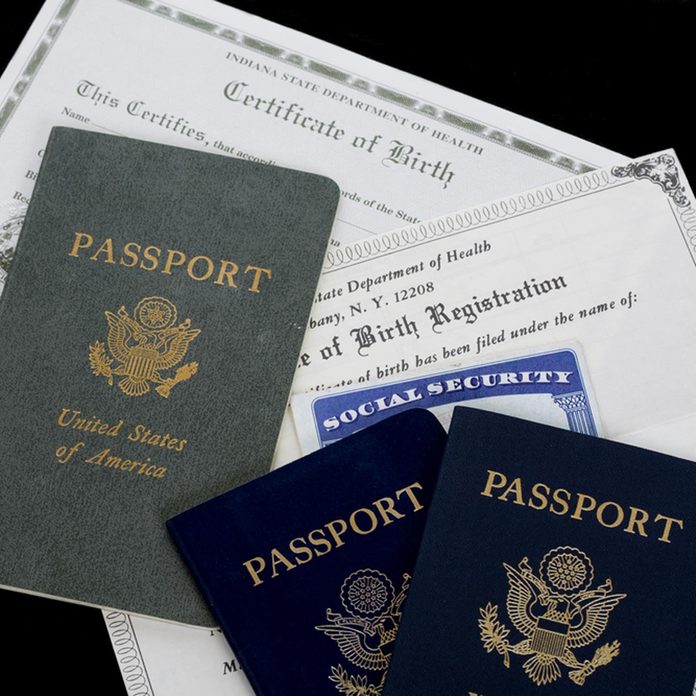
Passport or License
Any time of the year, you should think of your personal information just like you would valuables. If a thief gets their hands on your passport or driver’s license, it can make identity theft extremely easy.

People
Children and the elderly can more easily succumb to cold-temperature related issues such as hypothermia. Never leave people in the car, as the inside temperature can drop quickly.

Glasses
Try not to leave your glasses in the car, as both heat and cold can affect the frames. Extreme cold can cause the frames to snap. Did you know bifocal safety glasses are available?

A Gas Tank on Low
To help keep your fuel lines from freezing, keep your tank more than half full during the winter. You can also use a fuel-line antifreeze to keep lines from freezing over during extremely cold spells.
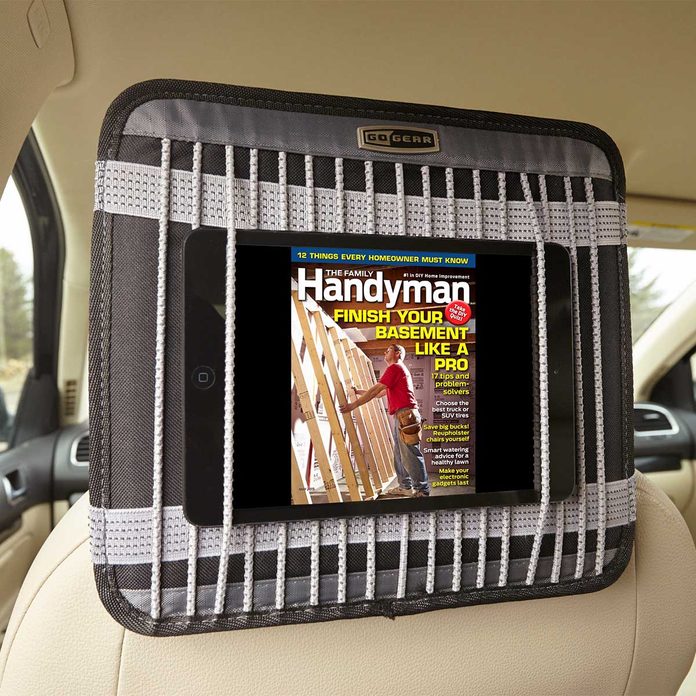
Electronics
Not only can electronics be stolen if left in a vehicle, but items such as laptops and tablets don’t like extreme temperatures. The cold can affect the device’s battery life and damage processors. In addition, if you have personal information stored on your device, identity theft can become an issue if stolen.
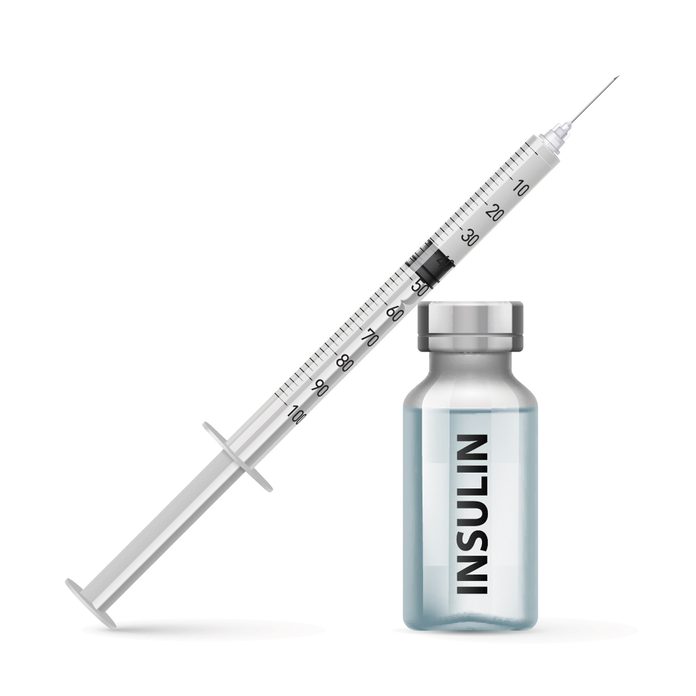
Insulin
Like with many other medications, cold temperatures can cause insulin to lose its effectiveness. Keep insulin in a backpack or purse, not in your car.
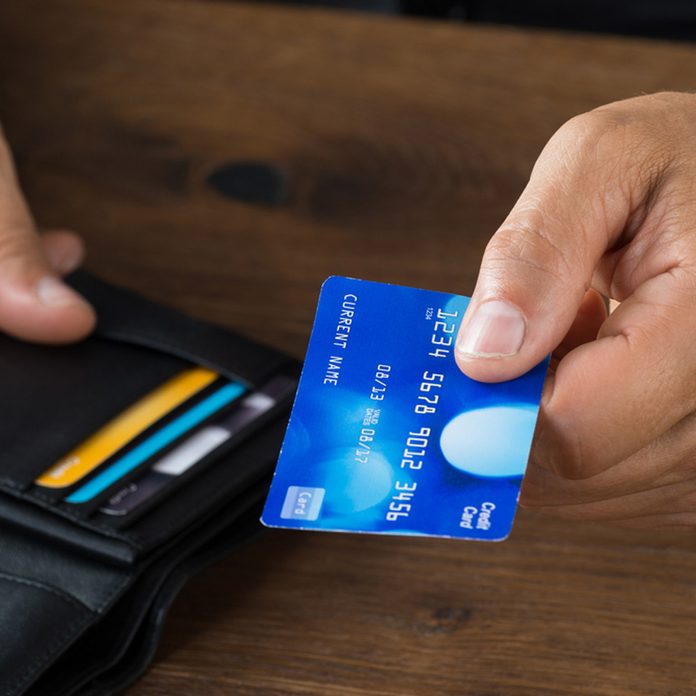
Credit and Debit Cards
Think of your credit and debit cards just like cash. Never keep the cards in your car, as they become a target for thieves. The last thing you want to deal with is a stolen credit card with unauthorized charges.
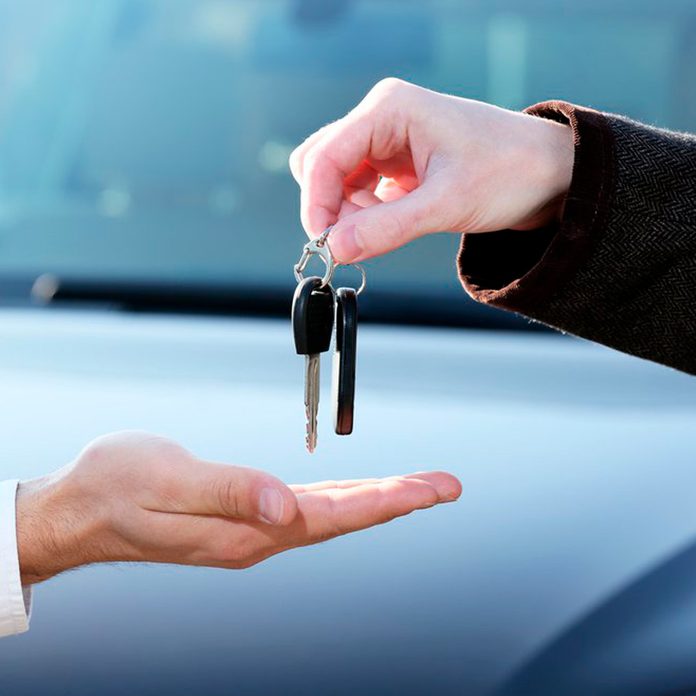
Keys
Never leave your keys in your car. Resist any temptation to start your car warming by itself on cold winter mornings. It makes your car an easy target for theft, not to mention that some states forbid it.
